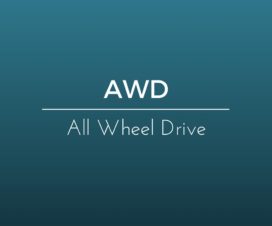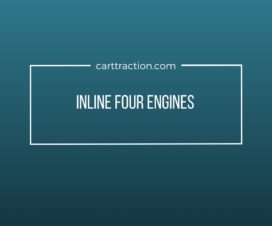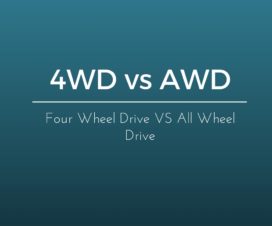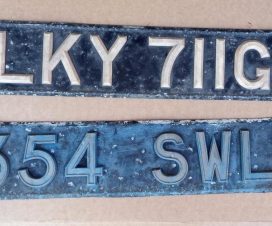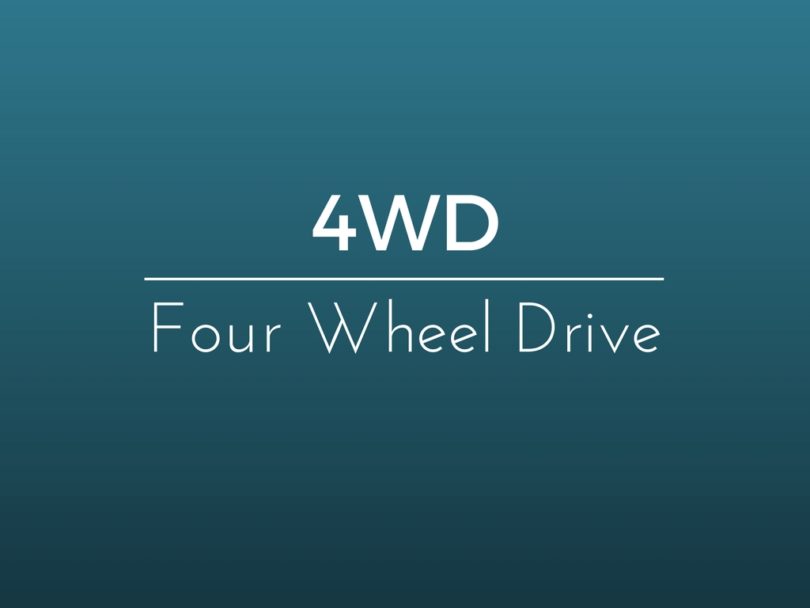 |
As far as sending torque to the more than just two wheels go, you probably heard of four wheel drive or 4×4 or AWD. First, let’s group first two away from the third one, as more than several differences set them apart. That means that we are going to focus here on old-school and uncompromised way of powering all wheels, giving an understanding of what it is and when do you need it.
Four Wheel Drive (4WD) – Hard Core Utility
4WD systems are not so common to find in recent years with markets being overflooded with crossovers with light or zero off-road aspirations. 4×4 lets you explore nature in deepest possible ways, but charge a certain price for doing so, and you can find it exclusively with proper off-road vehicles hiding ladder frames and solid rear axles underneath or in short- ones with a truck like underpinnings. Keep in mind that some exceptions do exist, with crossovers underpinned by monocoque chassis utilizing proper four wheel drive (4WD) systems or some mixing AWD with 4×4, but those are not frequent hence confirming the rule.
Positive Sides
First of all with this type of torque distribution you’ll get the maximum off-road capability, due to the fact that it includes transfer case with low range gears. You have three driving modes, each one with clearly defined purpose. 4-high mode sends power to all four wheels constantly, more precisely equally to both axles, and allows you to drive with more vigorous speeds (to certain extent) on the road plagued with rain, snow, dirt… 4-low multiplies torque by a great margin and allows you to exploit maximum off-road potential while keeping extra low speeds, while 2-high shuts down the 4×4 system and drives the car with power sent to one axle as in the case of 2WD, thus avoiding some negative impacts of the system which we will be elaborated soon.
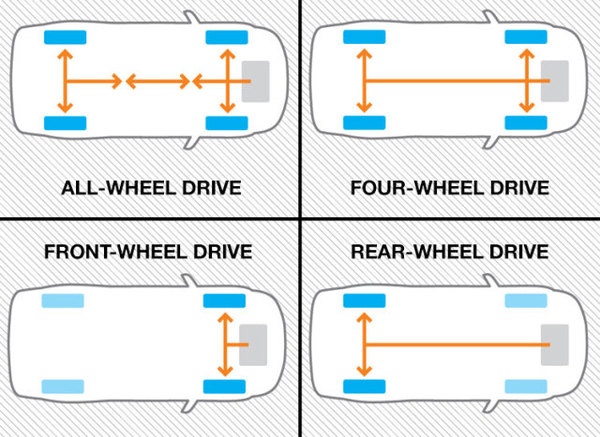
Anyway, 4-low is what clearly separates this configuration from AWD, and with which even gentle touch of the right pedal guarantee immediate and violent thrust. That is what allows you to climb or controllably roll down extremely steep hills, to conquer harsh rock trials, deep mud routes, plunge through water or similar calamities. Low range gearbox is also accompanied by differential locks, often on one primarily driven axle, sometimes on both. While splitting torque between two axles helps with the traction it is not much of the use when two wheels on the same side of the car lose one, and that’s where lockers came to rescue distributing torque evenly between two wheels on given axle.
Negative Sides
You probably imagined that some negative sides do exist. Otherwise, 4WD would be far more common than it actually is. First of all, any additional mechanism brings extra weight with it, which hurts fuel economy and compromise handling, even in moments in which it is not put to use. Further to that, while engaged 4×4 additionally hurt your wallet at the pump, since its moving parts cause more friction and resistance. Also, you’ll have to cash out extra bills when checking 4WD on the option’s list, and if tomorrow something goes wrong with it, repair bills tend to be hefty ones. Decreased fuel efficiency compared to FWD, RWD and also AWD, along with the fact that average buyer rarely leaves payment, were main reasons for pushing 4WD systems into the narrow but precisely defined niche within the automotive world.
When to Go for It
It hardly matters of choice really. You can’t spec you crossover with 4×4 in most cases, “master of compromise” AWD runs the story there, while if you go for hard-core SUV, not stretching for this off-road tool just defined its purpose. In many cases, you just can’t avoid it, even if you want it to, as it comes standard. To recap, if you get attracted by some rugged, rough and boxy, body on frame SUV, you already know that ability to conquer nature comes at the price of frequent fuel stops, choppy ride, motion sickness, and feel of cheaper plastic (though not always), while four wheel drive is there to make the wonders happen when you push your beloved into its natural habitat.

